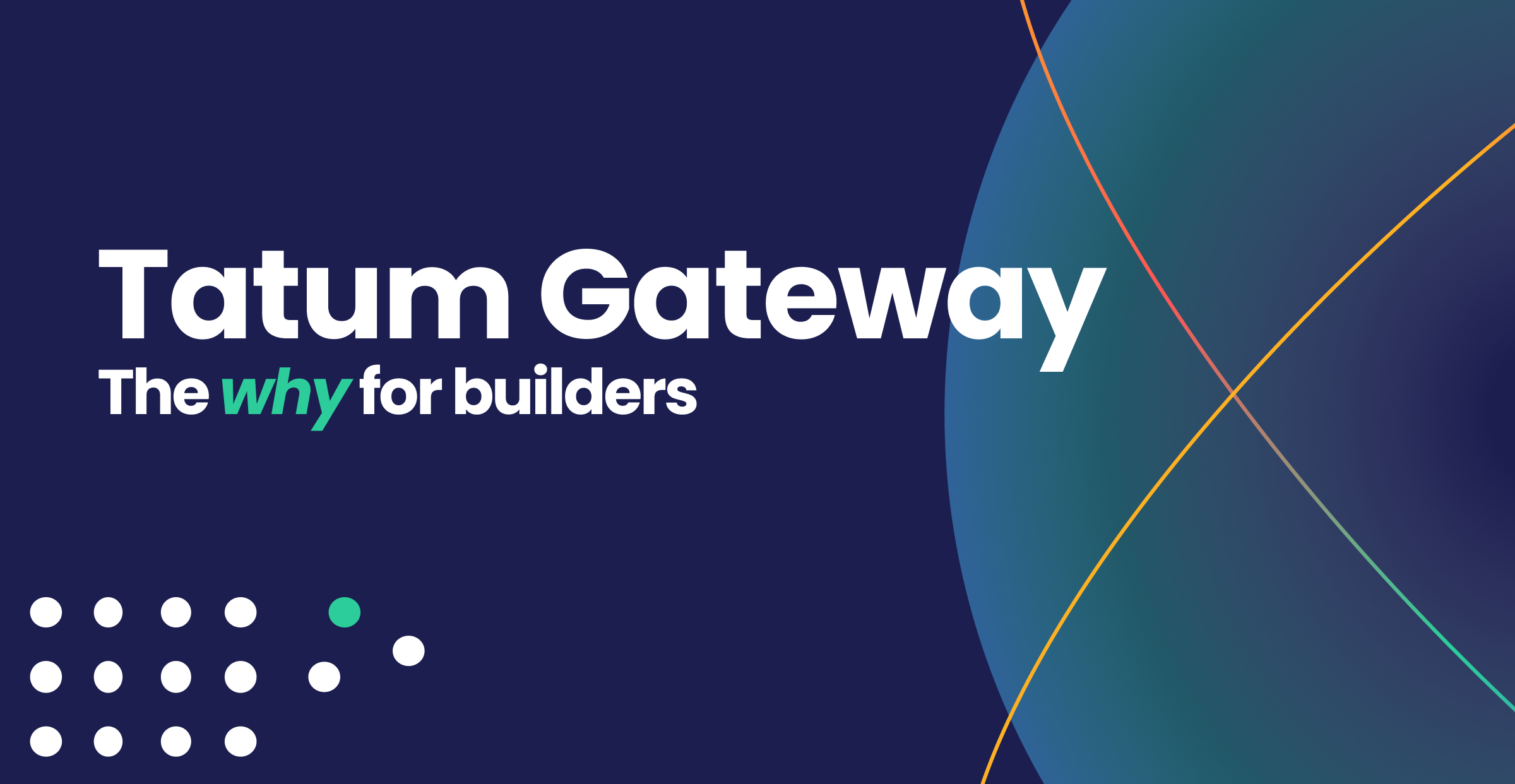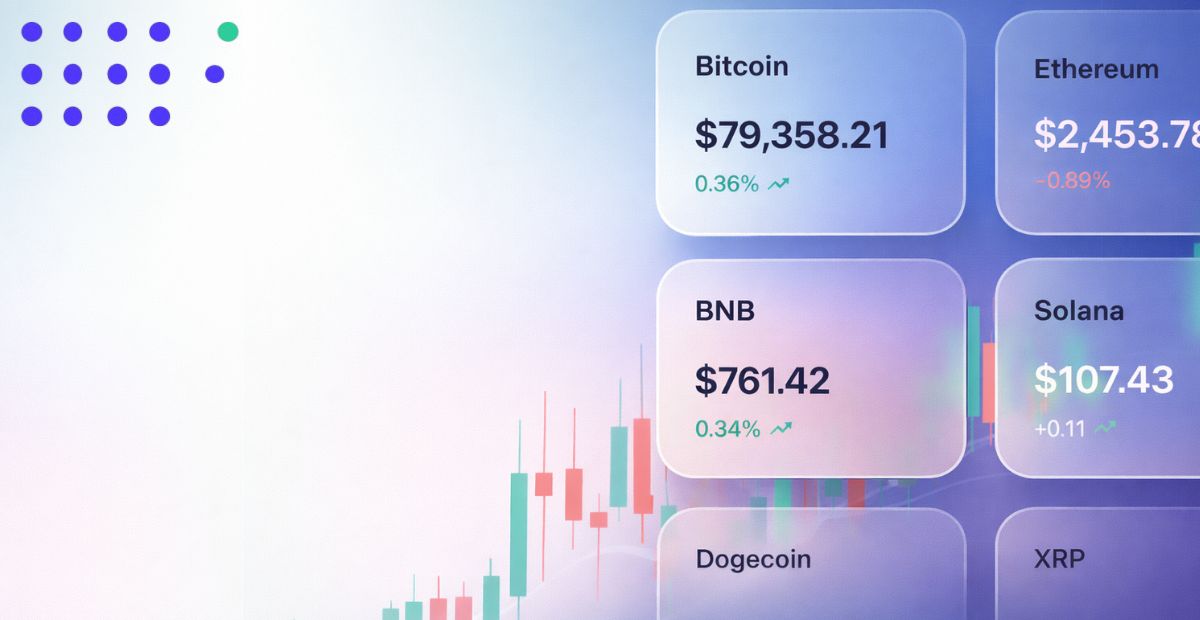The Blog for Blockchain Developers
Build your DApp in seconds
Get a ready-to-launch template for your DApp. Easy and quick to do.
Wallet
A non-custodial wallet is a popular tool that lets users manage their crypto holdings. It uses private keys and allows them to manage all chain transactions.
Portfolio
Tracker
This application will display all tokens owned by a specific wallet address - it's a simple way to track a crypto and NFT portfolio.
Address
Monitoring
A simple app that monitors wallet addresses and notifies you through webhooks about any wallet event.




%20(11).jpg)
%20(10).jpg)
%20(16).jpg)
%20(15).jpg)
%20(6).jpg)
